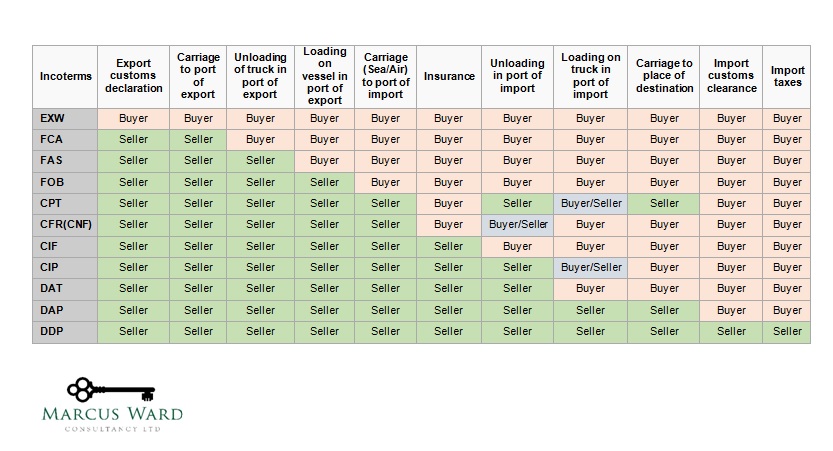In the First Tier Tribunal (FTT) case of Hastings Insurance the issue was where was the place of supply (POS) of services?
The POS rules determine under which VAT regime the supply is treated, whether the associated input tax may be recovered and how the services are reported. Consequently, determining the POS for any supply is vitally important because getting it wrong may not only mean that tax is overpaid in one country, but it is not declared in the appropriate country so that penalties and interest are levied. Getting it wrong also means that the input tax position is likely to be incorrect; meaning that VAT can be over or underclaimed. The rules for the POS of services are notoriously complicated and even subtle differences in a business’ situation can produce a different VAT outcome.
Background
Hastings is an insurance services company operating in the UK. The appeal relates to whether the appellant was able to recover input tax it incurred in the UK which was attributable to supplies of; broking, underwriting support and claims handling services made to a Gibraltar based insurance underwriter (Advantage) which supplied motor insurance to UK customers through Hastings. In order to obtain credit for the relevant input tax, the supply to Advantage must have a POS outside the EU, eg: the recipient had a place of belonging in Gibraltar and not the UK. HMRC argued that Advantage belonged in the UK so that the input tax could not have been properly recoverable. Consequently, the issue was where Advantage “belonged” for VAT purposes.
The POS rules set out where a person “belongs”.
A taxable person belongs:
- where it has a business establishment, or;
- if different, where it has a fixed establishment, or;
- if it has both a business establishment and a fixed establishment (or several such establishments), where the establishment is located which is most directly concerned with the supply
Further details on this point are explained here
Contentions
It was not disputed that Advantage had a business establishment in Gibraltar. The question was whether it also had a fixed establishment in the UK and, if so, whether the supplies of services were made to that fixed establishment rather than to its business establishment in Gibraltar. HMRC contended that Advantage had a fixed establishment in the UK which was “more directly concerned with the supply of insurance” such that the POS was the UK. This was on the basis that Advantage had human and technical resources in the UK which were actually used to provide its services to UK customers. Hastings obviously argued to the contrary; that Advantage had no UK fixed establishment and that services were supplied to, and by, Advantage in Gibraltar.
Technical
It may be helpful to look briefly at CJEU case law which considered what an establishment other than a business establishment is. It is: “characterised by a sufficient degree of permanence and a suitable structure in terms of human and technical resources”, where looking at the location of the recipient of the supply, “to enable it to receive and use the services supplied to it for its own needs” or, where looking at the location of the supplier, “to enable it to provide the services which it supplies”.
Decision
The FTT concluded that the input tax in dispute is recoverable because it was attributable to supplies made to Advantage on the basis that it belonged outside the EU (as interpreted in accordance with the relevant EU rules and case law). After a long and exhaustive analysis of the facts the summary was;
- The appellant’s human and technical resources, through which it provided the services to Advantage, did not comprise a fixed establishment of Advantage in the UK, whether for the purposes of determining where Advantage made supplies of insurance or where the appellant made the supplies of its services.
- Even if, contrary to the FTT’s view, those resources comprised a fixed establishment in the UK, there is no reason to depart from the location of Advantage’s business establishment in Gibraltar as the place of belonging/supply in the circumstances of this case.
Summary
If this case affects you or your clients it will be rewarding to consider the details of the arrangements which are helpfully set out fully in the decision. This was, in my opinion, a borderline case which could have been decided differently quiet easily. A significant amount of the evidence produced was deemed inadmissible; which is an interesting adjunct to the main issue in itself. Whether HMRC take this matter further remains to be seen. It is always worthwhile reviewing a business’ POS in depth and we are able to assist with this.

